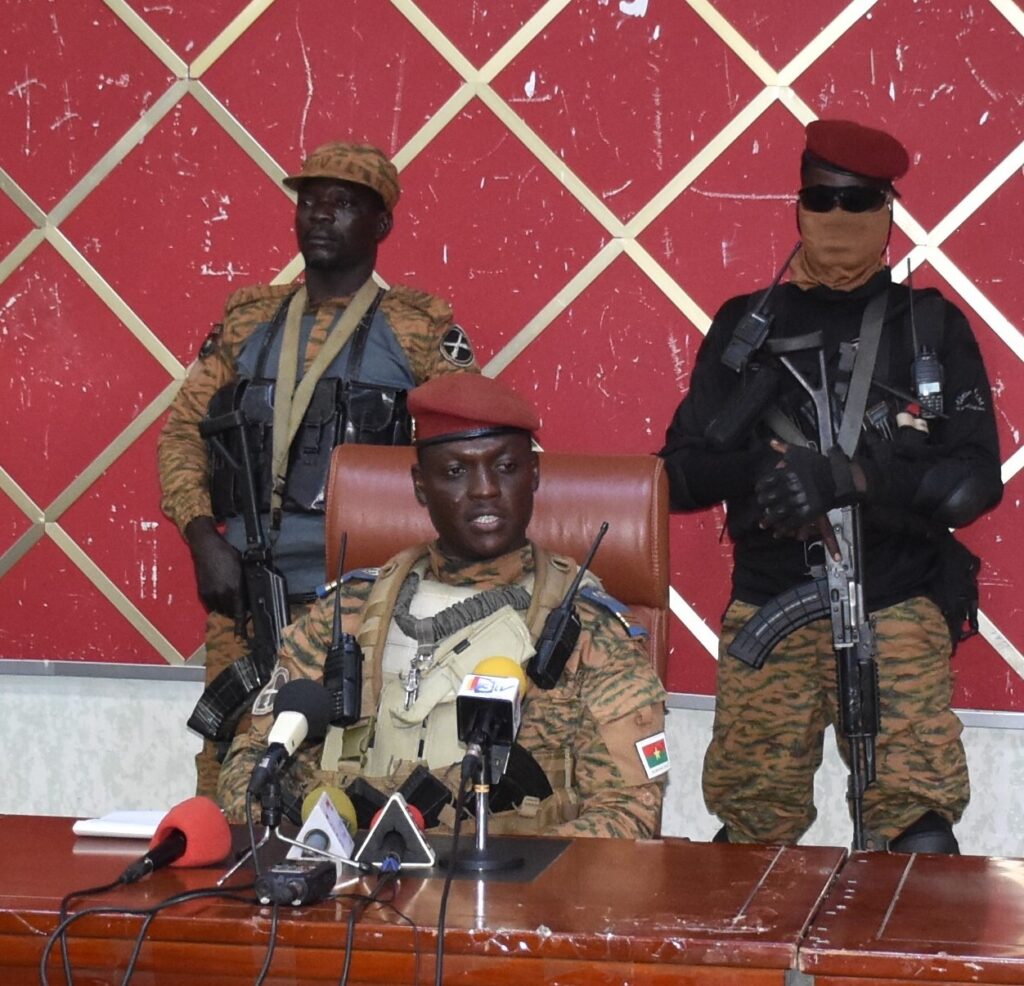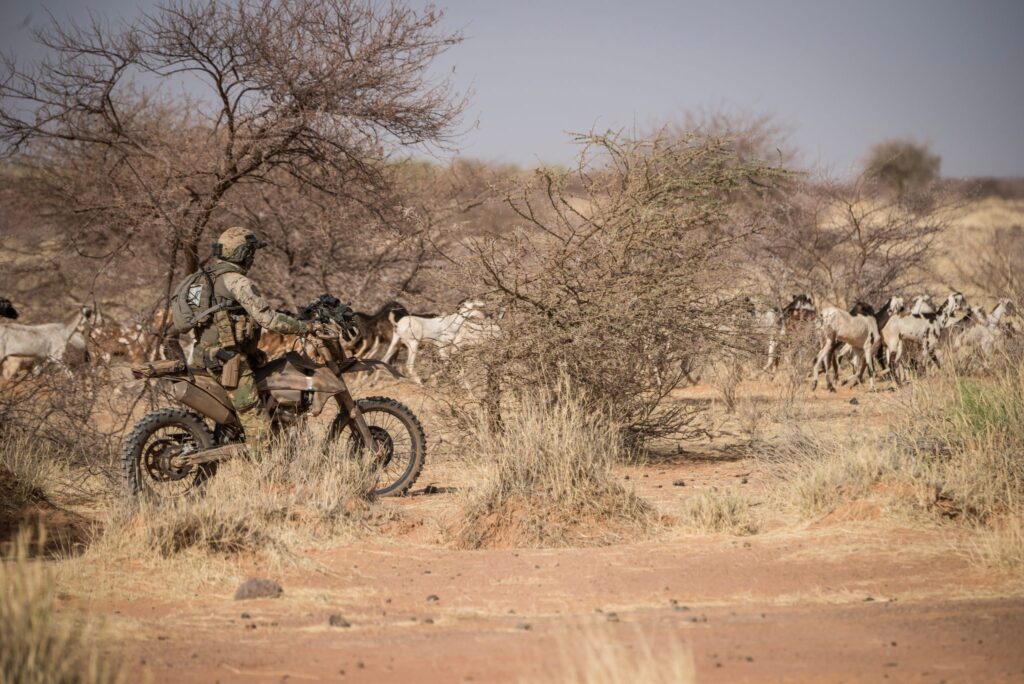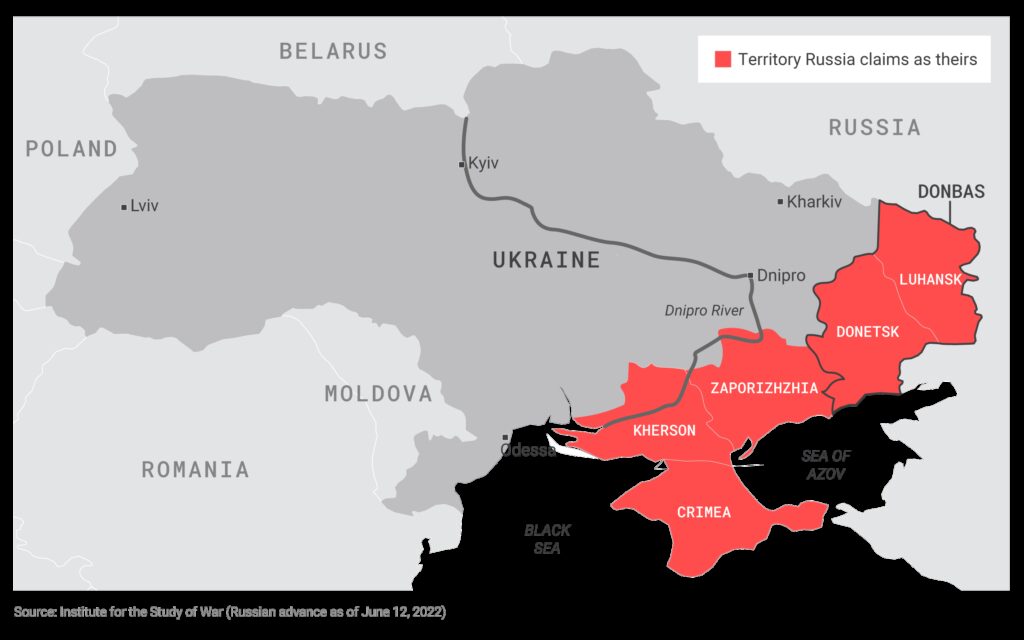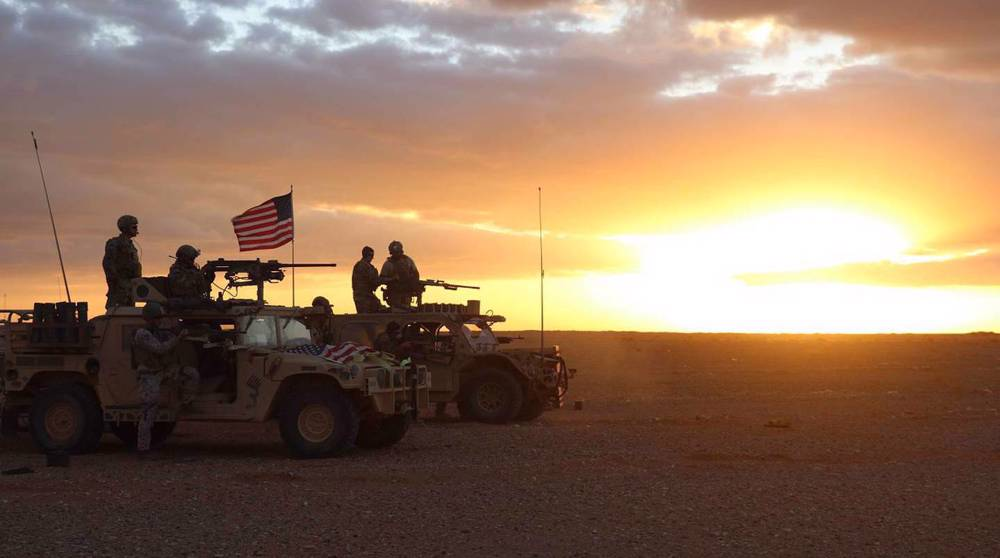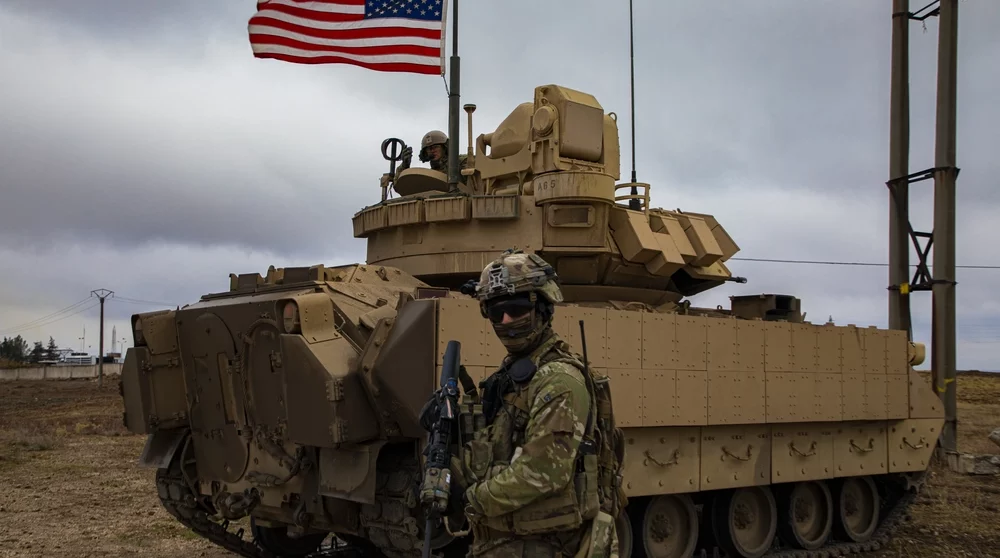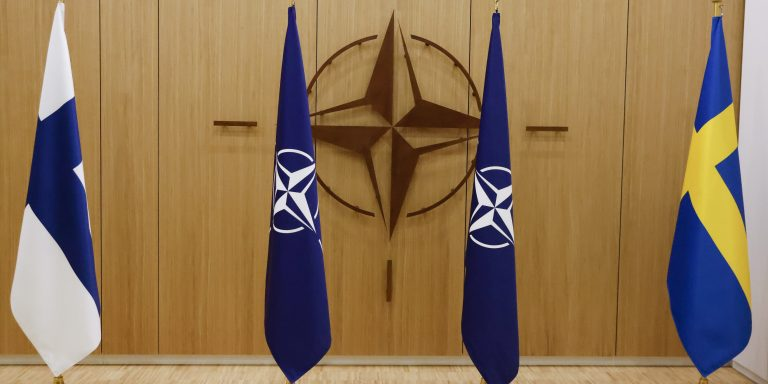What role for Europe in the Middle East and North Africa?
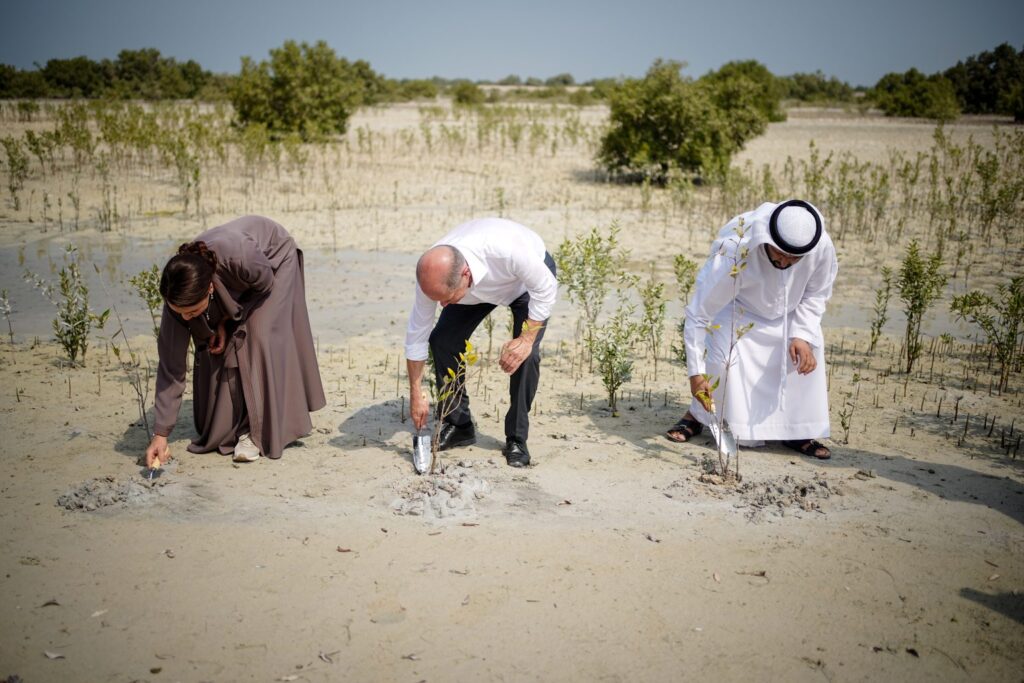
Now that Europe is desperate to find new energy suppliers, the resource-rich countries of the Middle East and North Africa are hoping to boost their economy and influence.
- Europe is unlikely to turn back to Russia for energy even after the war
- MENA countries have suddenly become much more valuable allies
- World powers’ competition for influence in the region will intensify

